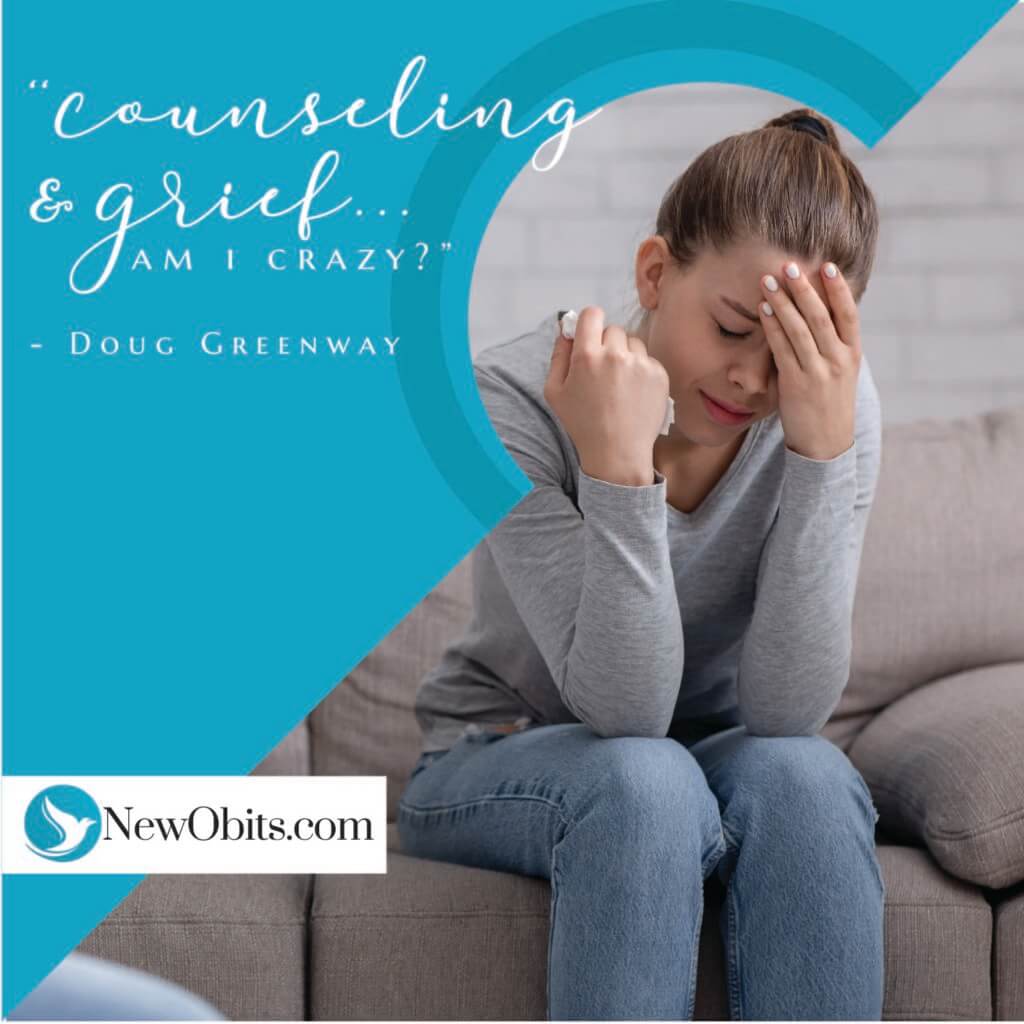
Grief Counseling involves helping people facilitate their normal or uncomplicated grief to a healthy completion within a reasonable timeframe.
Grief Therapy involves more specialized and advanced techniques that academically qualified people use to help people with abnormal and complicated grief reactions.
Grief recovery has historically been facilitated through the family, the church, through funeral rituals, and other social customs. Advice from friends is counseling — not therapy. Some people offer advice as if it WAS therapy (longer in duration, much more intrusive and personal, and something they read in the supermarket line while waiting to check themselves out!) Accept therapy only from a licensed professional. Counseling may be offered by anybody with an opinion and an audience.
Who does grief counseling?
1. The top group of providers we’ll call the professionals. We’re talking about doctors, nurses, psychologists, and social workers who are trained and licensed and provide support to a person who has sustained a significant loss. This may be done on an individual basis or in a group setting.
2. The second type of bereavement counseling is done by volunteers who have a ready referral list and are selected, trained and supported by the professionals.
3. The final group of bereavement counselors I want to mention includes many self-help groups in which one’s peers (in this case, bereaved people) offer help to other bereaved people.
These last two groups of grief helpers generally work in a group setting.
Who receives Grief Counseling?
There are basically three approaches one may take to bereavement counseling.
1. The first approach suggests that bereavement counseling be offered to ALL individuals, particularly in families that have experienced catastrophic losses such as the death of a parent or child. The cost of offering such services must be borne by someone, and not everyone may need it.
2. The second approach/philosophy about grief counseling assumes that some people will need help with their bereavement but will recognize their own need for counsel or therapy and will reach out for assistance. This is a perk of many jobs.
3. The third philosophy of bereavement counseling is based on a preventive model. If it can be predicted a year or two in advance following the loss who is likely to struggle with grief recovery, then we can do something early on about intervention. E.g. The school systems have done a wonderful job of lowering dropout rates by prediction of who might fit the dropout profile.
It would be great if we had one set of predictors that would apply to all unresolved grief populations. Such, however, is not the case.
Simply put, when you have invested in a relationship and lost it, you will grieve its loss. But you and I can help ourselves and others by having friends and being a friend.
Does going through grief and seeking help to make that journey make you crazy? Seems like getting the help that you need is the only wise thing to do!

Doug Greenway
These blog articles are written by the retired minister and former educator and counselor, Doug Greenway. He'd love to hear from you with your comments, questions, or suggestions for future topics. You may reach Doug at doug_greenway@yahoo.com.
